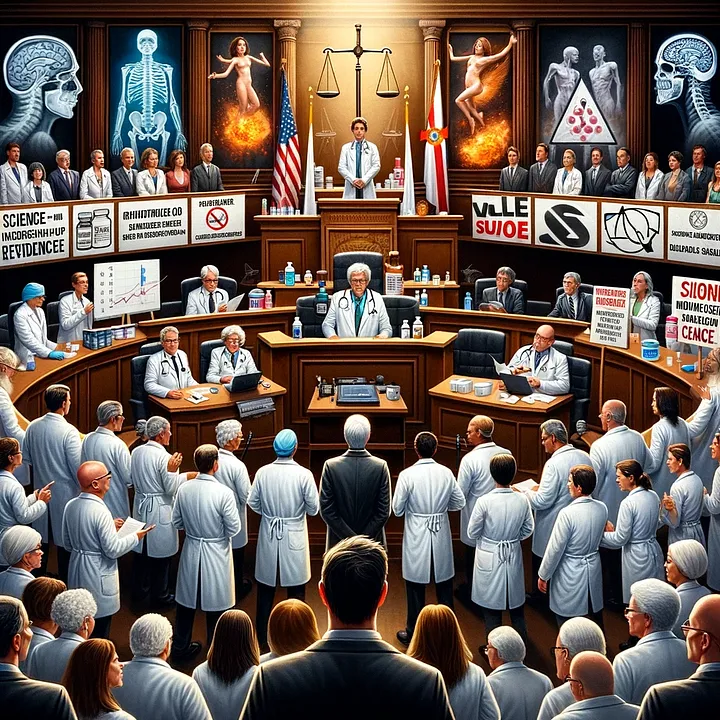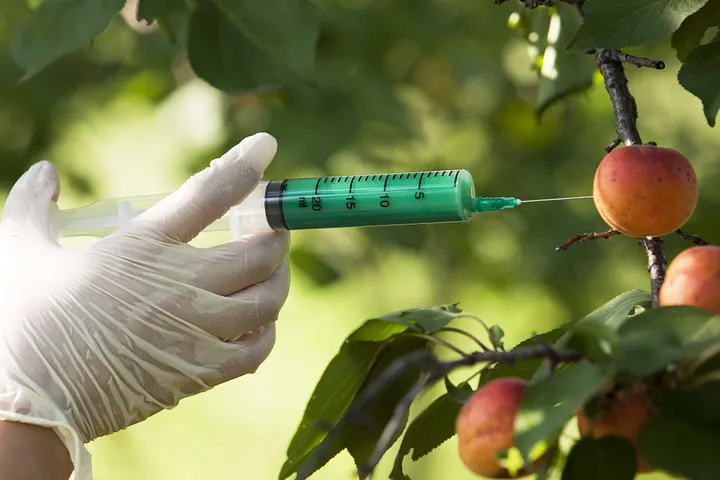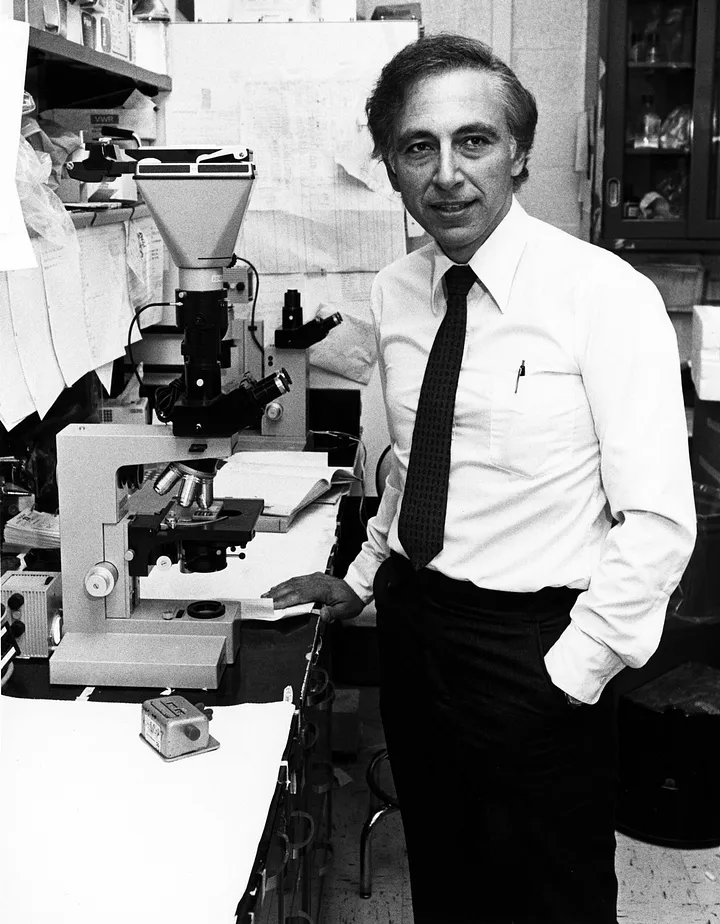In a bold move that has stirred considerable debate, Florida Surgeon General Dr. Joseph Ladapo has raised concerns over the safety of mRNA COVID-19 vaccines, citing the possibility of DNA contamination leading to cancer. This announcement has sparked a flurry of responses from various medical professionals and organizations, bringing to light the complexities and nuances of vaccine safety and the science behind it.
Dr. Ladapo’s concerns center around the potential integration of residual DNA fragments, found in the mRNA vaccines, into human cells. He theorizes that this could theoretically transform healthy cells into cancerous ones, or result in chromosomal instability. Specifically, he highlights the role of lipid nanoparticles in the vaccines, suggesting they could be efficient carriers for delivering contaminant DNA into human cells. This, coupled with the presence of SV40 promoter/enhancer DNA, he argues, might pose a unique risk of DNA integration into host cells.
On the flip side, these claims have been met with skepticism and refutation from various experts in the field. Dr. Paul Offit, director of the Vaccine Education Center at Children’s Hospital of Philadelphia, has particularly been vocal in debunking these claims. He explains that the process of making mRNA vaccines inherently involves steps that minimize the presence of DNA fragments. Furthermore, he elaborates on the biological impossibility of these fragments integrating into human DNA due to several barriers, including the destruction of foreign DNA by cytoplasmic mechanisms, the requirement of a nuclear access signal for DNA to enter a cell’s nucleus, and the necessity of specific enzymes for DNA to insert itself into human DNA.
The concerns raised by Dr. Ladapo have been criticized for lacking scientific basis and for being contradictory to established knowledge about vaccine safety. His stance has been labeled as spreading misinformation and presenting unfounded fears about COVID-19 vaccination. His recommendations against the use of mRNA COVID-19 vaccines, particularly for certain age groups, have been questioned for their scientific validity.
Other medical professionals, such as Dr. Eduardo Balbona, an internal medicine doctor from Florida, have also expressed concerns about the mRNA COVID-19 vaccines. Dr. Balbona’s observations of his patients post-vaccination include a variety of symptoms and health issues, ranging from immediate illness to more long-term conditions such as Postural Orthostatic Tachycardia Syndrome (POTS). While acknowledging the rarity of severe reactions like myocarditis and pericarditis, he emphasizes the need for vigilant monitoring and individualized consideration of vaccine safety.
In conclusion, the debate surrounding the mRNA COVID-19 vaccines and their potential risks, as raised by Florida’s Surgeon General, underscores the ongoing challenges and responsibilities in public health communication. It highlights the importance of basing health recommendations on rigorous scientific evidence and the need for continuous evaluation of vaccine safety.
References:
- For detailed insights on Dr. Ladapo’s claims and the scientific rebuttals, you can refer to FactCheck.org, Newsweek, and MedPage Today.
- Further perspectives and analyses can be found on The Epoch Times and Yahoo News.












